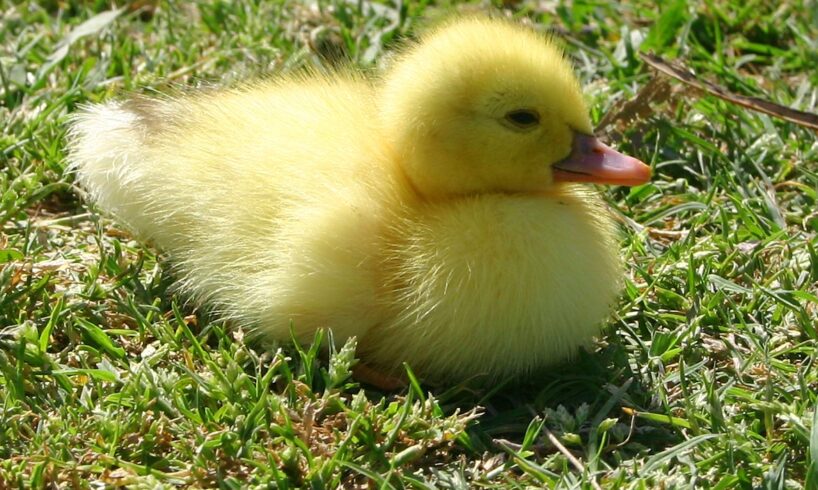
The tradition of baby ducklings for sale during early spring and the Easter season are exempt from Missouri’s suspension of all auctions of domestic waterfowl and waterfowl eggs, shows and swap meets to prevent spread of the avian flu.
The Missouri Department of Agriculture announced the suspension in early March to prevent the spread of highly pathogenic avian influenza (HPAI). However, the four-day old ducklings commonly sold in feed stores are exempt because they are born in National Poultry Improvement Plan flocks, which are voluntarily tested by the U.S. Department of Agriculture’s Animal and Plant Health Inspection Service (APHIS). The suspension of waterfowl auctions, shows and swap meets will be reevaluated at the end of May.
The APHIS website reported 87 confirmations of avian flu in commercial and backyard flocks during March. The first of 102 confirmations was made in Indiana in February.
Missouri reported two additional confirmations of the avian flu during the last two weeks – a non-commercial backyard and non-poultry flock in Gentry County in Northeast Missouri and a commercial turkey facility in Jasper County in Southwest Missouri. Seven premises in six Missouri counties confirmed the virus in March, according to the Department of Agriculture website.
While consumers have no health risk of getting avian flu if they eat poultry, commercial producers are anxious about the virus killing flocks and causing shortages and price increases.
The Missouri Department of Conservation (MDC) reported wild birds in 17 counties have tested positive for HPAI. All but three of the counties are bordered by the Mississippi or Missouri Rivers, flyways for waterfowl.
MDC’s website said birds infected with HPAI will exhibit neurological symptoms, such as tremors, head tilting, lethargy, loss of coordination, inability to fly or walk properly, or trouble standing upright. HPAI is fatal and the department stated another indicator of the virus is multiple dead birds discovered together. While HPAI doesn’t present an immediate health concern, the department stated common sense precautions should be taken and sick or dead birds shouldn’t be handled.
Poultry and wild game birds are considered safe to eat as normal cooking temperatures are hot enough to kill the virus, according to the MDC. Poultry and birds should be cooked to an internal temperature of 165 degrees Fahrenheit.
This article was originally posted on Duckling sales continue in Missouri as avian flu increases